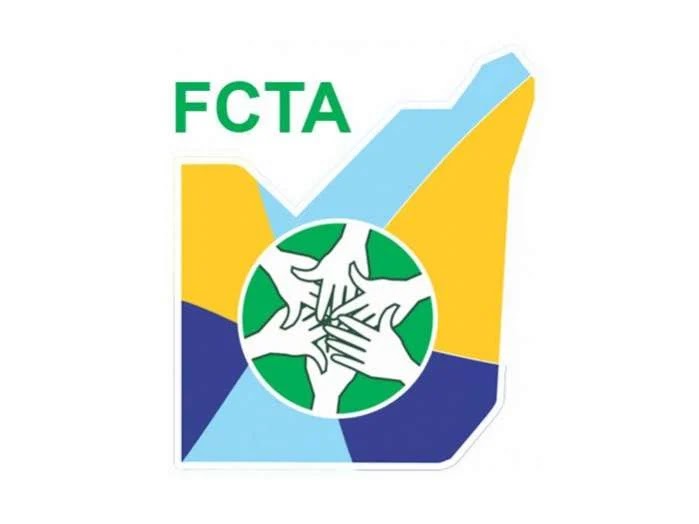In an effort to combat Neglected Tropical Diseases (NTDs), particularly schistosomiasis, soil-transmitted helminthiasis, river blindness, and lymphatic filariasis, the FCT Department of Public Health's Neglected Tropical Diseases unit has called upon residents of Gwagwalada community to emphasise personal and environmental cleanliness.
During a community outreach program aimed at treating schistosomiasis, Dr. Eunice Ogundipe, the Coordinator of the NTDs unit within FCT Public Health, stressed the importance of hygiene promotion.
The outreach, jointly conducted by parasitology experts, the Public Health Society of Nigeria, and the Federal Ministry of Health, aimed to address the high prevalence of these diseases in Gwagwalada.
Mrs. Ogundipe highlighted Gwagwalada's status as an endemic area for schistosomiasis and soil-transmitted helminthiasis, commonly referred to as intestinal worms. She emphasised the necessity of community members' participation in reducing the burden of these diseases through improved hygiene practices.
The theme for the 2024 NTDs day, "We should unite, act to eliminate NTDs," underscores the collaborative effort required to eradicate these diseases. Mrs. Ogundipe reiterated that promoting personal and environmental hygiene is crucial in achieving this goal.
Dar Yoila Malam, Chairman of the State Technical Advisory Committee for NTDs and a Professor of Parasitology at the University of Abuja, emphasised the importance of awareness and prevention. He stressed that while treatment exists, prevention through hygiene practices is paramount.
Dr. Comfort Olanrewaju from the Department of Biological Science at the University of Abuja, and the FCT chapter coordinator of the Public Health Society of Nigeria, echoed the sentiment, highlighting NTDs as significant public health challenges. She emphasised ongoing efforts to educate communities about preventive measures.
Mohammed Lakayi, the District Head of Gwagwalada, expressed gratitude for the outreach efforts and pledged to further educate the community on hygiene practices.
The collaborative efforts of health authorities, academic institutions, and community leaders underscore the importance of grassroots engagement in combating NTDs and promoting public health in Gwagwalada and beyond.



